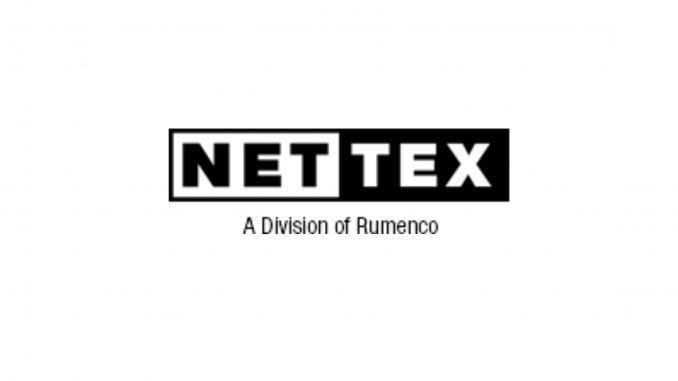
Ahead of the spring calving season, beef and dairy producers wanting to optimise herd health and performance need to start planning their micronutrient supplementation programmes.
“Micronutrients, which include trace elements and vitamins, are essential for supporting multiple areas of body function in immune response in cattle,” explains Emily Hall, livestock farmer and product manager for Nettex. “These are especially critical in the pre-calving period as a cow’s nutrient demands increase dramatically to support foetal development.”
This demand ramps up significantly in the final weeks leading up to calving, with the majority of foetal development taking place in the last six to eight weeks of pregnancy.

“If nutrient delivery falls short during this high demand period, there can be short and long-term consequences for both the calf and dam,” explains Ms Hall. “This includes a slow start to life with decreased calf vigour and immunity and conception delays and declined fertility in cows.”
Forming a pre-calving micronutrient programme
One of the first steps to forming a pre-calving micronutrient programme is to determine trace elements and vitamin delivery. While options include drenches, loose minerals, lick blocks and water supplementation, Ms Hall recommends going with a slow-release bolus.
“Similar to a multivitamin, intake quantities of micronutrients needed are very low but also need to be consistent. Optimal absorption and utilisation are achieved by regular, steady release of nutrients,” says Ms Hall. “Administered orally and settling into the rumen, bolusing is also the only way to ensure every single animal receives the right amount of the right kind of nutrients.”
Developed with single-point erosion technology, EnduraBol boluses allow for trace element and vitamin delivery for up to 240 days depending on the product used.
Selecting the right nutritional package
Whether delivery will be via bolus or a different method, producers need to understand the nutritional challenges their herds face to select the best nutritional package.
“Both soil and forage will determine the amount of trace elements available on your farm, with forage typically being low in many trace elements. Getting soil and forage tests done to understand where there are deficiencies is a worthwhile investment,” adds Ms Hall.
A common regional deficiency is copper, with a recent survey showing that 50% of UK grazing beef cattle are deficient. For cattle in those regions, additional copper supplementation is essential to aid in growth rates, fertility and immunity.
Another consideration is the type of forage being grazed, with brassicas and legumes interfering with copper and iodine absorption. For cattle producers outwintering on brassicas, not only is micronutrient supplementation critical but supplementation rates should be increased to counteract lower absorption rates.
“A nutritional package like EnduraBol High Iodine is ideal pre-calving for cows outwintered on brassicas or being fed legumes since it contains high levels of copper and iodine, along with a good balance of other trace elements and vitamins,” adds Ms Hall.
For all cattle in the pre-calving period, an adequate supply of cobalt, copper, iodine, manganese and zinc trace elements and vitamins, A D3 and E are essential to optimise the health and performance of both the calf and cow.
According to Ms Hall, the ideal option for herds not requiring additional copper and iodine supplementation is EnduraBol Pre-Calver. This supplies high levels of the above essential trace elements and vitamins for up to 120 days.
Unique to the market, EnduraBol cattle boluses contain high levels of manganese. This is especially essential for reproductive system development, fertility rates and growth rates.
“When putting together your pre-calving micronutrient programme, it will pay dividends to select a full spectrum product to safeguard your herd from deficiency issues,” concludes Ms Hall. “An optimal balance of nutrients will reduce calving issues, aid in quicker recovery after calving and support hormone production for better conception rates. Unborn calves will optimise growth and development and have support in developing a healthy immune system.”
Leave a Reply